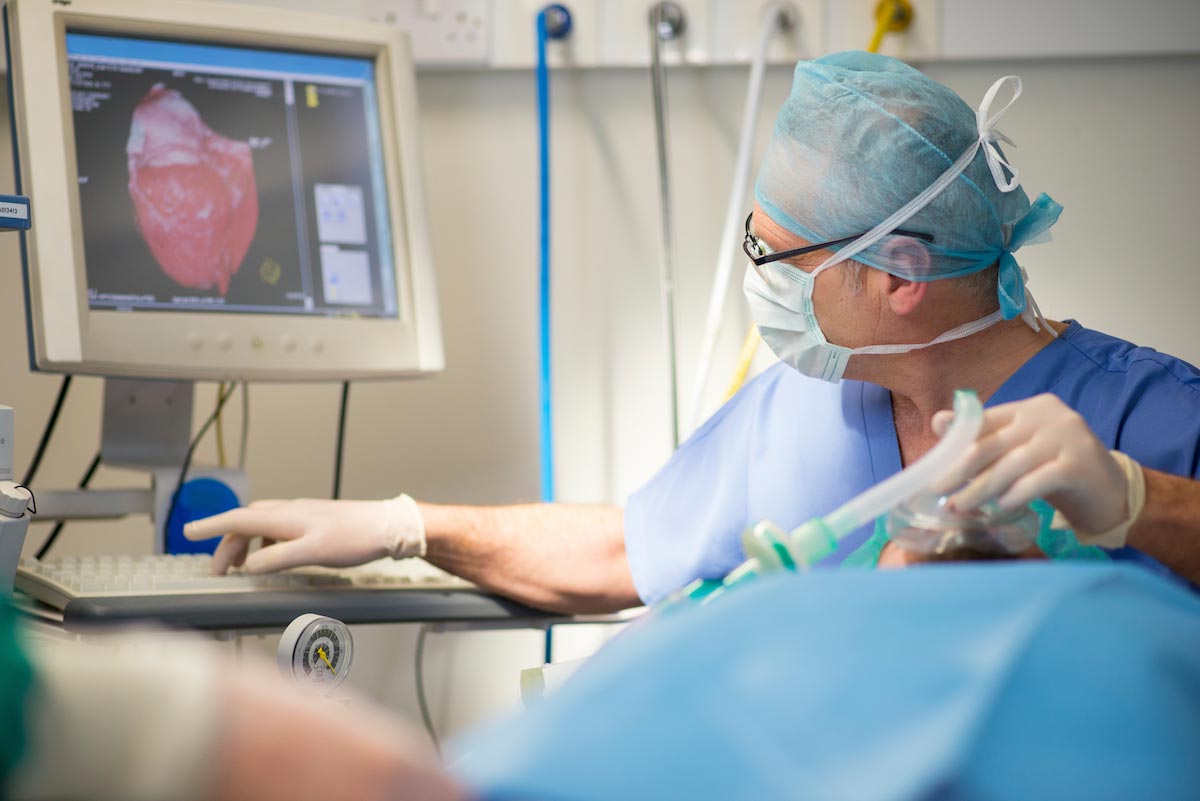Overnight epidemic: New blood pressure guidelines affect more than 30 million Americans who suddenly have hypertension
03/10/2019 / By David Williams

Imagine going to sleep one night, perfectly healthy, and then waking up the next morning suffering from what is deemed to be clinical hypertension and needing prescription medication. That’s basically what happened to more than 30 million American citizens when the American College of Cardiology (ACC), along with the American Heart Association (AHA) and a total of nine other health professional groups, decided to announce new blood pressure guidelines that dictate what should be the new normal blood pressure. Of course, that also includes the newly specified high blood pressure mark. And that is what has made millions of people suddenly have hypertension.
It seems a bit crazy to think about, but it’s true. They basically moved the goal posts on normal and high blood pressure levels. Now, a blood pressure of 130/80 is considered hypertensive and in need of treatment. Previously, this was considered a normal blood pressure reading, and something like 140/90 would be what people think of as hypertensive. But that’s not the case anymore, thanks to the newly announced changes made by the AHA and ACC.
As Dr. William White, a cardiology center professor at the University of Connecticut School of Medicine, notes: health professionals and the general public are “going to be a little bit shocked or taken aback” by these changes, which gives a diagnosis of state 1 hypertension to people with a blood pressure of 130/80. Although that may have been considered normal historically, that’s not true anymore.
According to Dr. Sandra Taler, a nephrologist from the Mayo Clinic, it’s about time that the targets for normal and high blood pressure levels were taken down a notch. “There are now enough studies to support lowering those targets and so the whole definition of high blood pressure has changed,” says Taler. “So, the change is above 120, and systolic — the systolic or the upper number is the key number that more of this is focused on — but 120 systolic and 80 diastolic would be the numbers that people want to know. If your blood pressure is at that level or lower, you have normal blood pressure.”
100% organic essential oil sets now available for your home and personal care, including Rosemary, Oregano, Eucalyptus, Tea Tree, Clary Sage and more, all 100% organic and laboratory tested for safety. A multitude of uses, from stress reduction to topical first aid. See the complete listing here, and help support this news site.
Wide-reaching impact
Besides instantly turning more than 30 million Americans into patients that somehow require hypertensive treatment, these changes to the blood pressure guidelines create an opportunity for Big Pharma to profit from a huge chunk of the population that now require medication for high blood pressure. All in all, pharmaceutical companies may stand to gain billions more in earnings based on these new changes.
Taler explains it thusly: if a person has a blood pressure that’s over 130 and over 80, and they have a cardiovascular risk that’s considered elevated, then they would be recommended to undergo stage 1 level medication. However, if they don’t, if that risk is lower, then they will simply receive recommendations of lifestyle changes and there will be more emphasis on those people’s actions and the monitoring that they will need to do afterwards in order to see positive changes without the need for medication.
Preventative measures
Apart from detailing the changes in the new designations for blood pressure levels, the guidelines also recommend drugs for patients who are experiencing related health problems. Both the ACC and AHA insist that its decision to make the changes was made via a committee, which saw that the move could help promote the idea that efforts should be made to decrease chances of people having cardiovascular events — or worse, dying — if at all possible. With the new blood pressure guidelines, healthcare professionals will be able to determine whether or not a patient needs urgent attention or medication based on additional factors.
Read more ways about improving your heart health at Heart.news.
Sources include:
Tagged Under: bad doctors, Big Pharma, blood pressure, cardiovascular health, drugs, heart health, high blood pressure, hoax, hypertension, low blood pressure, medical scam, Prescription drugs, prevention




















